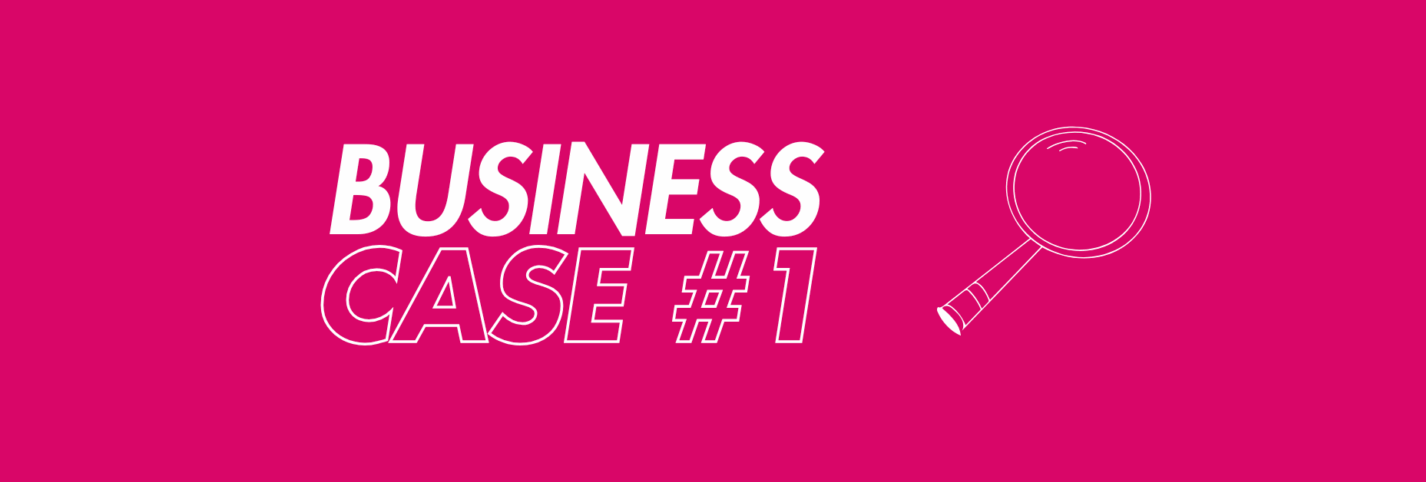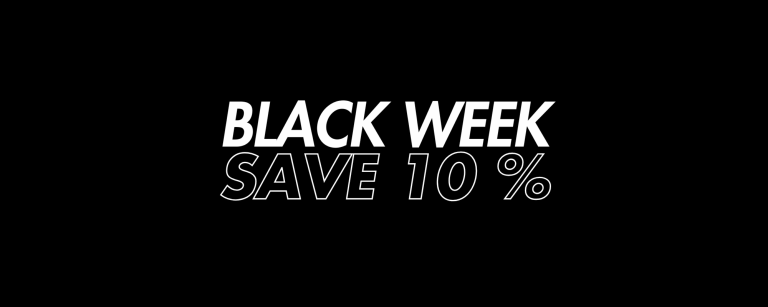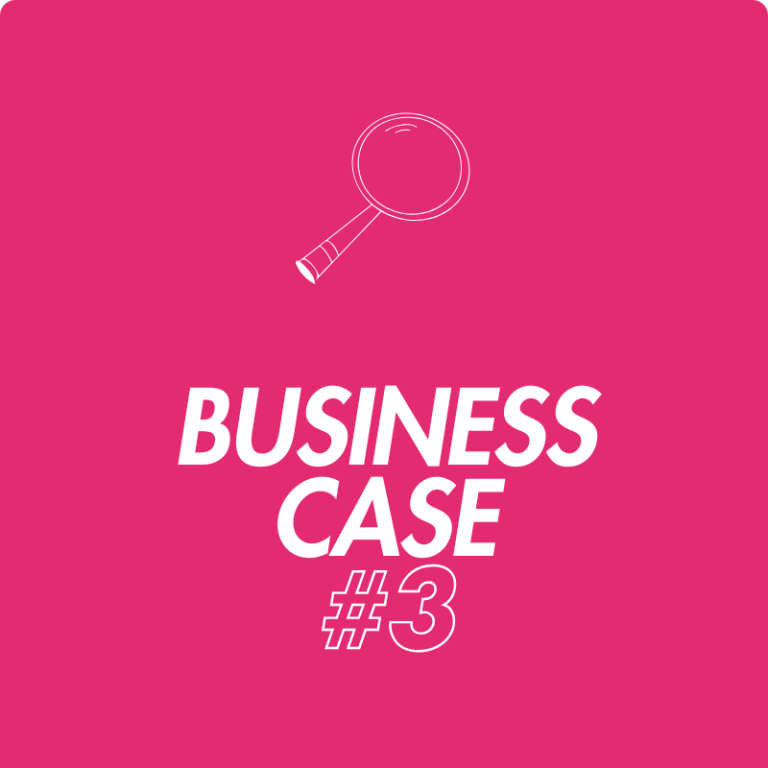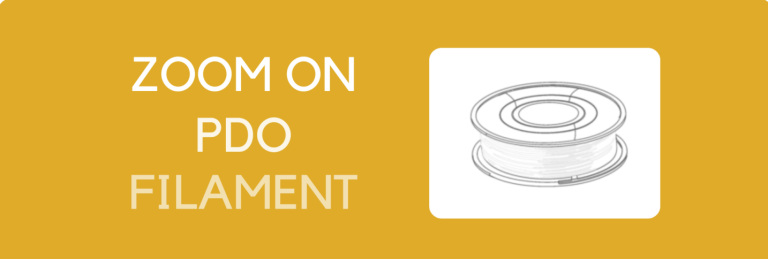The DiMεD network aims to strengthen Spanish technology in personalized medical devices, using fused filament deposition (FDM) 3D printing in particular. The Fundación Idonial (IDONIAL Centro Tecnológico) was looking for biocompatible, stable materials with controlled mechanical properties and good 3D printing.
Lattice Services proposed two suitable filaments:
- PCL100 (CAPROLACTISSE®): pure polycaprolactone, semi-flexible, biodegradable over 36 months, ideal for long-term implants.
- PLCL 70/30 (POLY-CAPROLACTISSE®): copolymer of polycaprolactone and polylactic acid, more elastic, with a customizable degradation rate, suitable for more flexible structures.
“Lattice Services’ PCL filaments enabled us to manufacture scaffolding with suitable mechanical properties, while guaranteeing reliable, consistent FDM printing.”
– Helena Herrada-Manchón, R&D Technician, Fundación Idonial
Thanks to these filaments, Fundación Idonial was able to:
- Produce precise bioresorbable scaffolds
- Achieve repeatable 3D printing
- Adapt mechanical properties to the project
- Reduce material variability
Why use PCL filaments in medical printing?
- Biocompatible and safe for implants
- Controlled degradation for long-term therapies
- Dimensional stability for accurate printing
- Medical certification facilitates regulatory compliance
Lattice Services designs and manufactures bioresorbable filaments for 3D printing, in compliance with ISO 13485 standards. We support R&D teams in their choice of materials for surgery, tissue engineering and regenerative medicine.
Launching a project? Contact us to choose the filament best suited to your needs.







